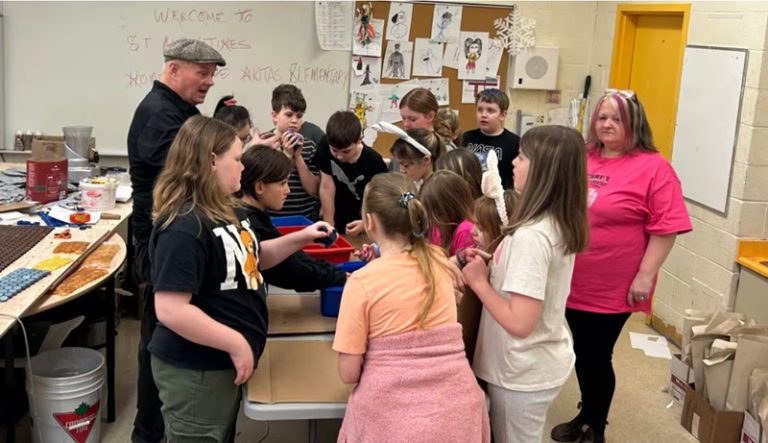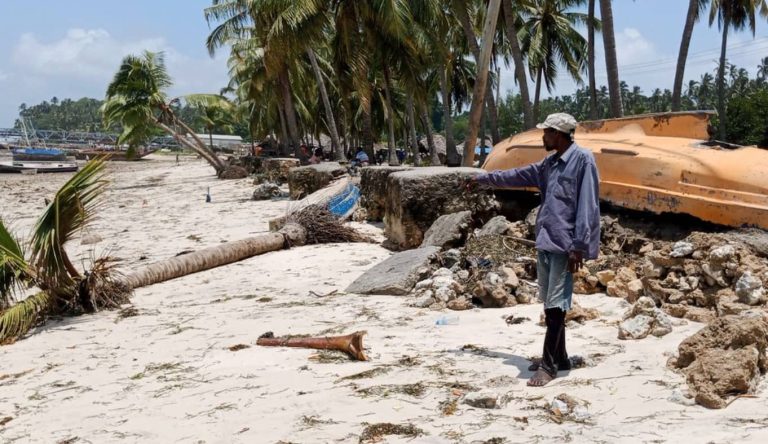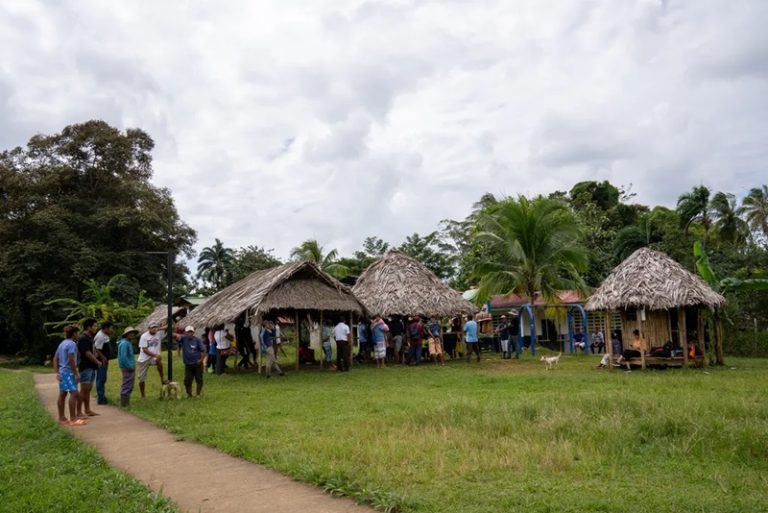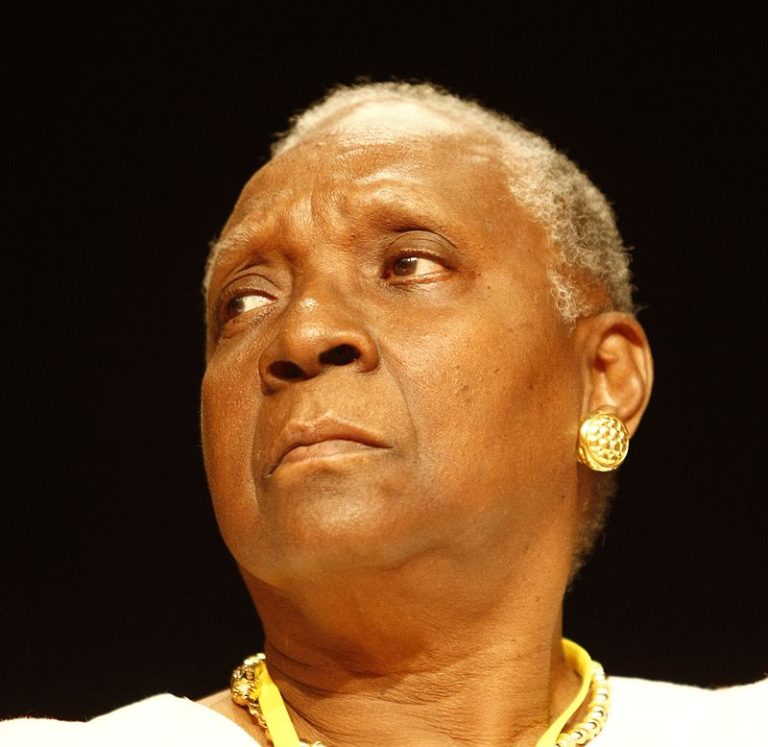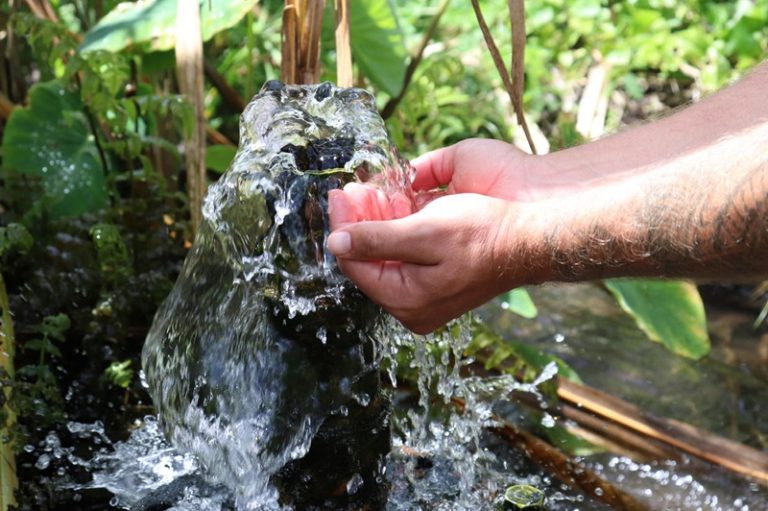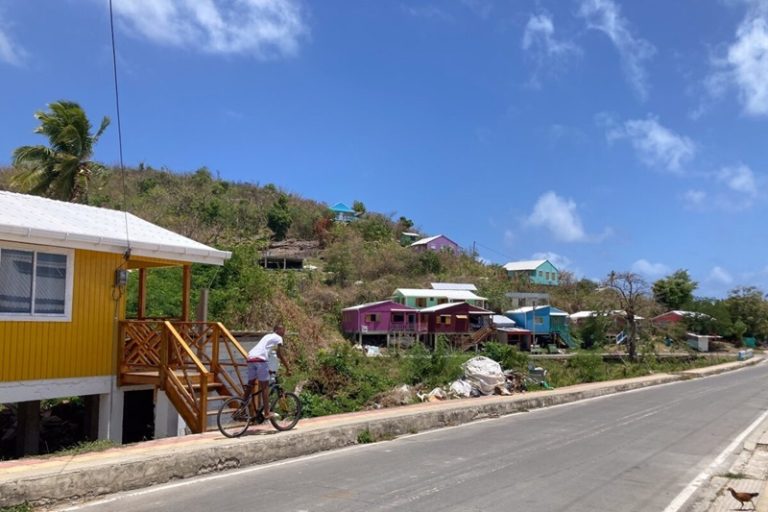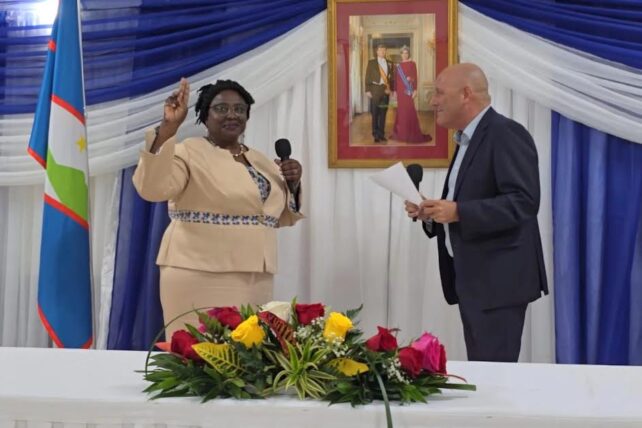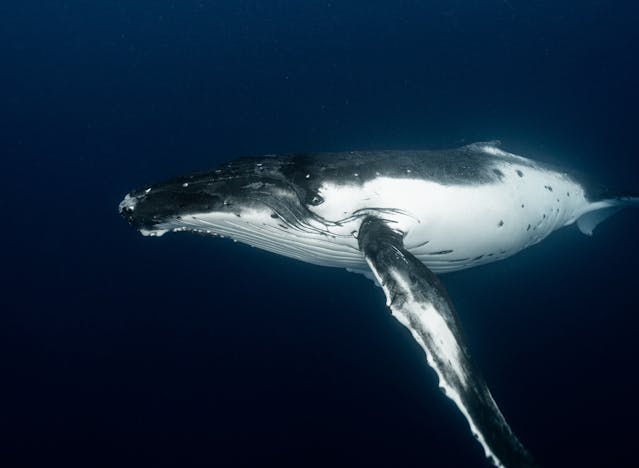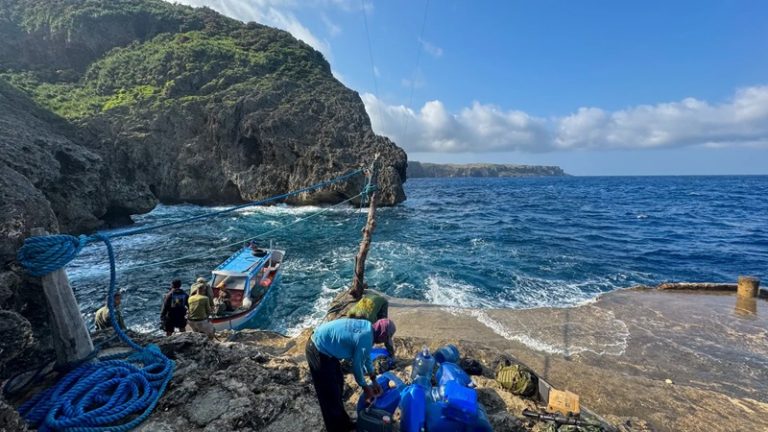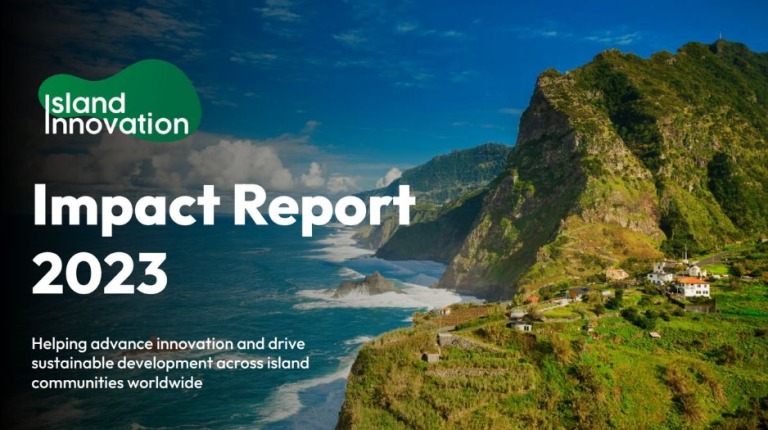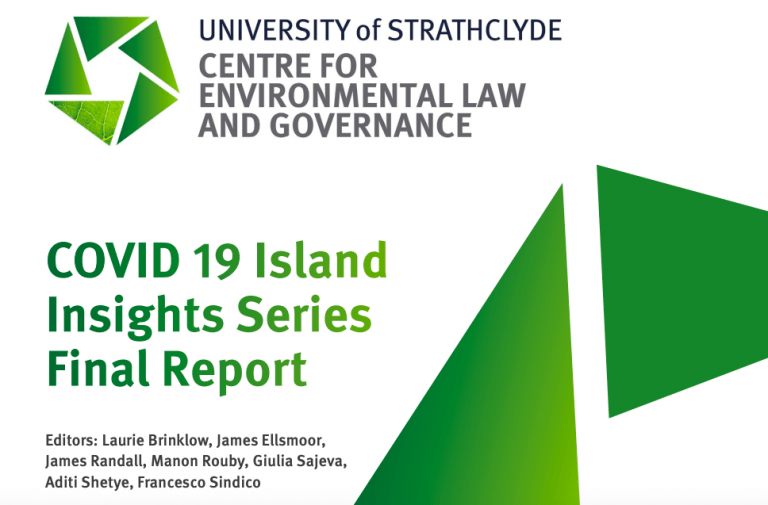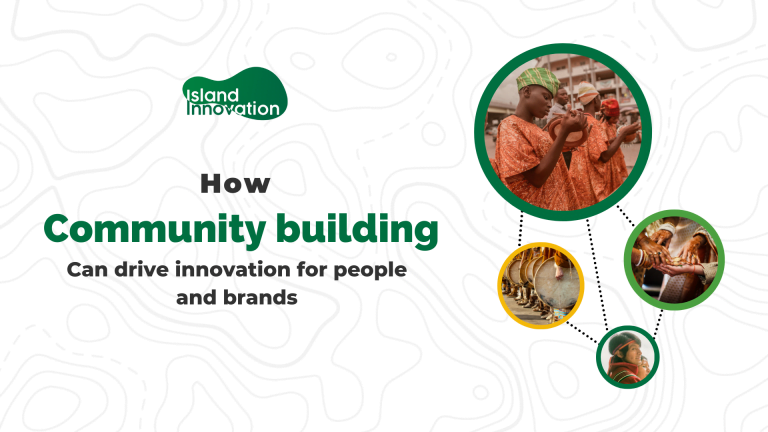When the Nationality and Borders Bill returns to the House of Lords later today, it will contain a registration provision allowing direct descendants of those born on the Chagos Islands to become British nationals. The Chagossians will be entitled to British overseas territories citizenship (BOTC) and, if they want it, British citizenship as well.
The background
The shameful history of the Chagossians’ treatment by the UK has been documented more ably by others. But very briefly and from a nationality angle: the Chagos Islands were once administered by Britain as part of the colony of Mauritius. Today they are a US military base with a nominal British presence (and an alleged CIA black site). To secure the islands for the US military, the UK detached the Chagos Islands from Mauritius (and the islands of Aldabra, Farquhar and Descroches from Seychelles), designating them as the British Indian Ocean Territory, and granting the US government use of the islands for military purposes by an exchange of notes.
The British Indian Ocean Territory continued to be designated as a UK colony in British nationality law. It was reclassified in 1982 as a British dependent territory, and again in 2002 as a British overseas territory. All this meant that, had the islanders remained in their homes, then they and (crucially) their descendants would be both BOTCs and British citizens.
Except they had not. To make way for the base, the islanders were kicked out between 1967 and 1973, and an immigration regulation prohibited their return. They were deported to Mauritius or Seychelles, where they remained (living in many cases in severe poverty) until, in 2002, the UK granted British citizenship (and therefore the right of abode in the UK) to all BOTCs. At this point, many of the islanders chose to relocate to the UK, and there are today significant communities in Crawley and Manchester.


